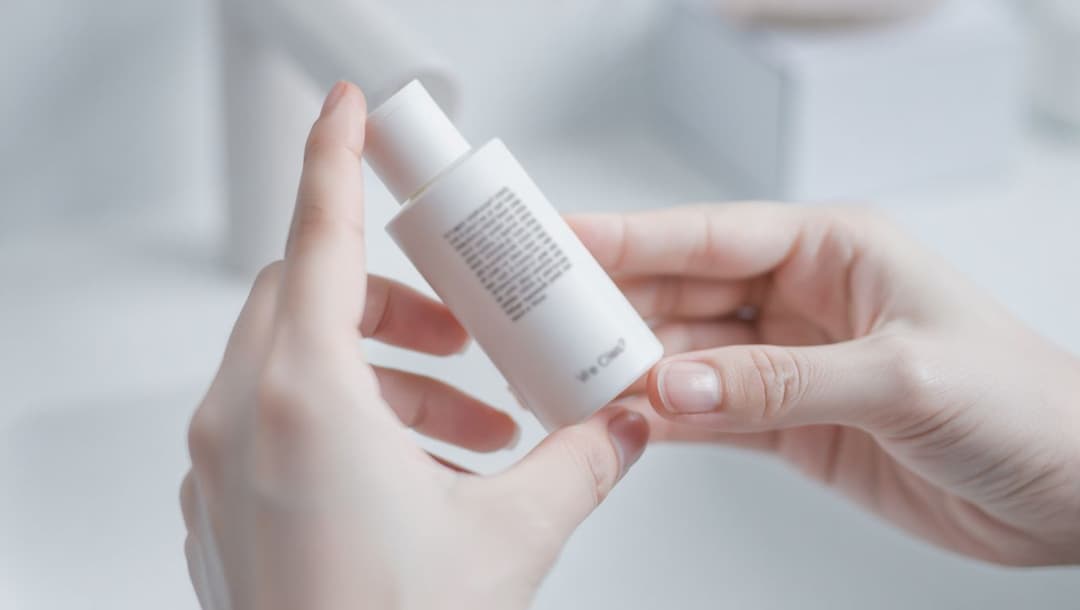We often hear, "Don’t forget your sunscreen"—but why is it so crucial? Sunscreen is more than just a way to prevent painful sunburns; it's your first line of defense against long-term skin damage and skin cancer. The sun emits harmful ultraviolet (UV) rays—UVA and UVB—that penetrate the skin, causing premature aging and increasing the risk of skin cancer. UVA rays accelerate aging by penetrating deep into the skin, while UVB rays are responsible for sunburns. Without protection, ongoing exposure to these rays leads to serious, lasting damage, even on cloudy days.
What does sun exposure do to your skin
In my clinic, much of my time is spent treating the consequences of sun damage, from precancerous lesions like actinic keratosis to skin cancers, including basal cell carcinoma, squamous cell carcinoma, and melanoma. While these conditions can be cosmetically disfiguring, especially when surgery is involved, the greater concern is their potential to become life-threatening. Melanoma, in particular, can spread to other parts of the body if not detected early.
Choosing an appropriate sunblock
This is why regular use of a broad-spectrum sunscreen with at least SPF 30 is not just about aesthetics—it's a critical health measure. By protecting your skin from UV damage, you reduce the risk of developing both cosmetic concerns and life-threatening conditions. In short, sunscreen is an essential tool for maintaining your skin’s health and vitality, while safeguarding your overall well-being.
Choosing the right sunblock is important, as it not only protects your skin but also enhances your skincare routine. Depending on your skin type, you may prefer a matte finish to control oil and shine, or a more hydrating, glossy formulation for dry skin. Beyond texture and finish, it’s essential to ensure that the sunscreen you select meets rigorous safety and efficacy standards. Regulatory approvals differ across regions. In the United States, the FDA (Food and Drug Administration) evaluates sunscreens for their safety and effectiveness, while in Europe, the EC (European Commission) ensures products meet high standards for protection.
Is the SPF number important?
A common misconception is that gradually tanning without burning is somehow safe. In reality, any tan is a sign of skin damage. The fact that your skin has tanned means it has been harmed by UV exposure, and this damage is cumulative over time. Each sun-kissed glow adds to the risk, eventually leading to the consequences of sun damage—premature aging, precancerous lesions, and even skin cancer.
So, don’t be misled by the idea of a "safe tan." The smartest choice is to cover up and protect your skin. Remember, pale is the new tan—because healthy skin is always in style.

















